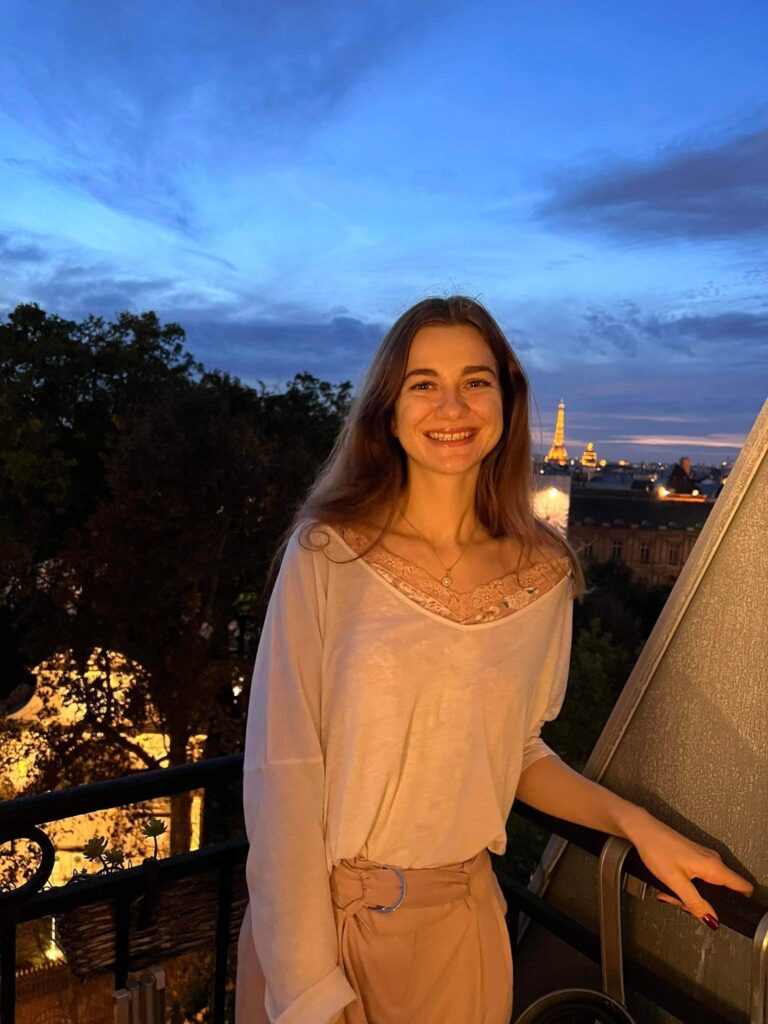Sustainable Cities of the Future
What future do we imagine for the places where we live and which we create? How can we make them more sustainable? Why are some regions thriving while others are in sharp decline? And what is the political context and relevance of all this?
Course structure
The course begins by establishing theoretical foundations: how did we get to the urban landscape we see today? We’ll then identify existing challenges and develop approaches to address them without perpetuating existing problems or creating new ones. We’ll explore the underlying factors that shape our cities and regions, examining why some areas flourish while others face sharp decline.
We will adopt an interdisciplinary approach, integrating economics, environmental studies, urban studies, public policy, and a bit of sociology, philosophy, and political science. We’ll critically analyse these topics from diverse perspectives, striving for a realistic assessment. Our focus will will be directed primarily at the three pillars of sustainable development: economic, social, and environmental.
Course pre-requisites and objectives
Throughout the course, we weill develop the ability to observe the spaces we occupy and the spaces we create, observing their beauty as well as their darker side. This will enable us to formulate a simplified model of how cities and regions can develop sustainably in the future.
This course welcomes individuals from all backgrounds, requiring no prior knowledge or skills. Taking cities as a case study, it serves as an introduction to approaching complex topics from various disciplinary perspectives, and it can potentially help you uncover an interest in pursuing one of these fields further.

Tereza Zoumpalova
Session D
Art Against the Mainstream
Štěpán Folget
Biological Psychiatry
Aleksa Petković
Categories of Political Science
Gosha Evlanov
Contagion: infectious disease and society
Jana Lohrova
Cross-cultural studies 101
Mwika Kiarie
Defending Human Rights
Mirek Crha
History from Liberty to Liberation
Emma Nabi-Bourgois
Law and Morality
Eva Hamašová
Medicine
Soňa Feciskaninová
Neuronal Biophysics
Sara Banovska
Positive psychology
Laura Opletalová
Sound, music, and science
Sol Johansen
Surveillance capitalism
Vašek Šmatera
Sustainable Cities of the Future
Tereza Zoumpalova
Sustainable design
Mariana Ochodková
Theory of General Relativity
Bohdan Glisevic

